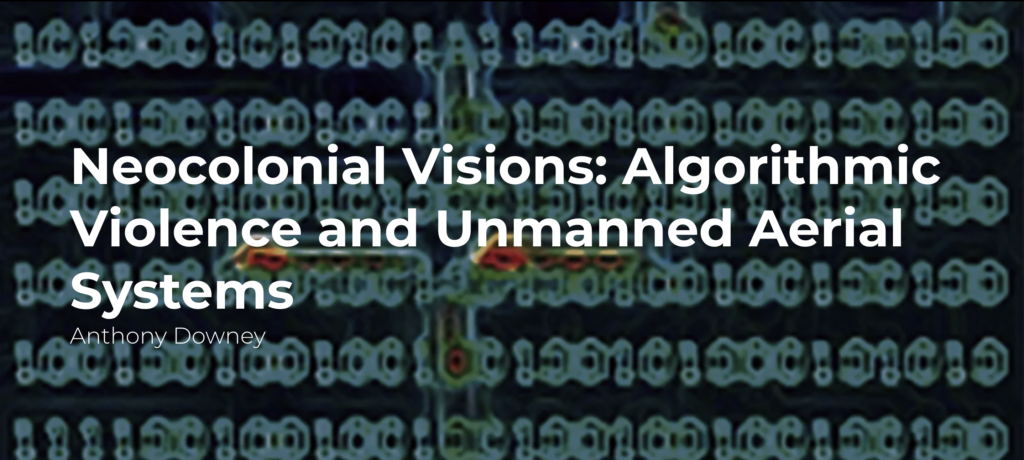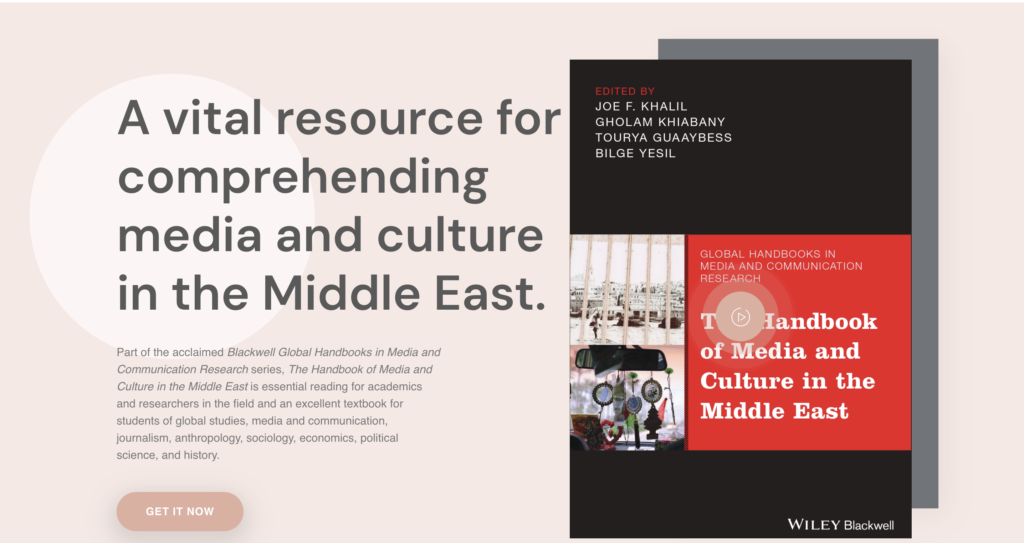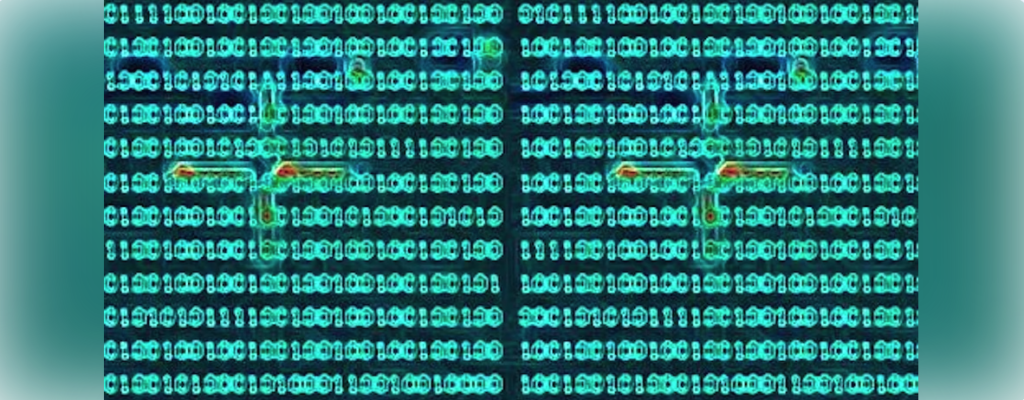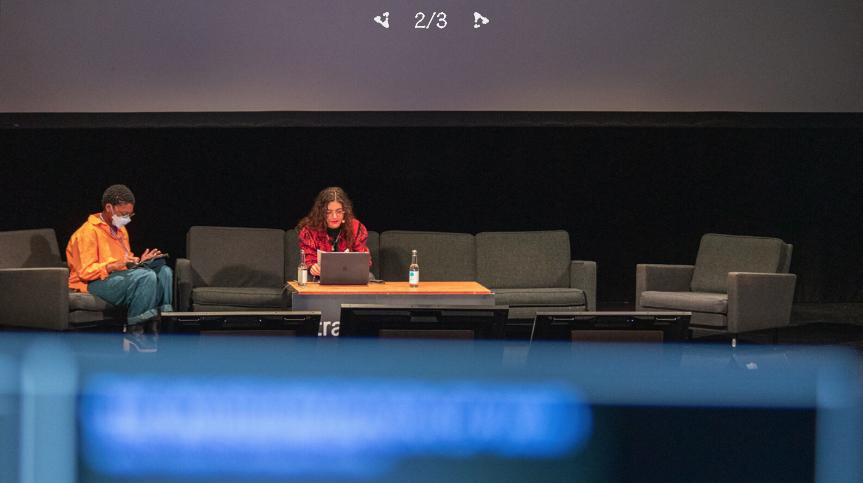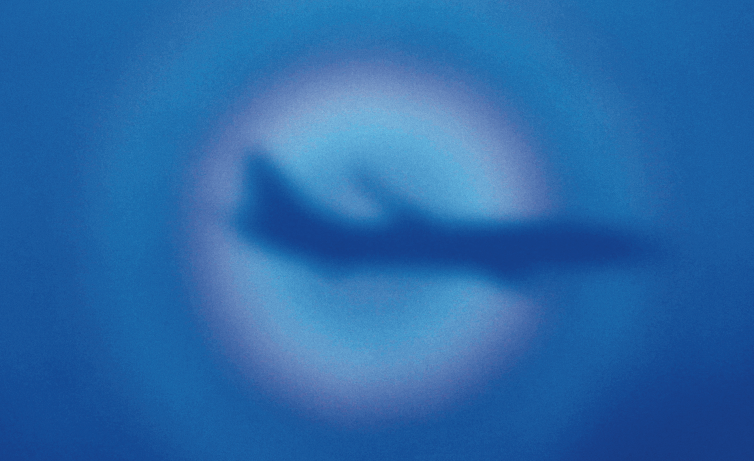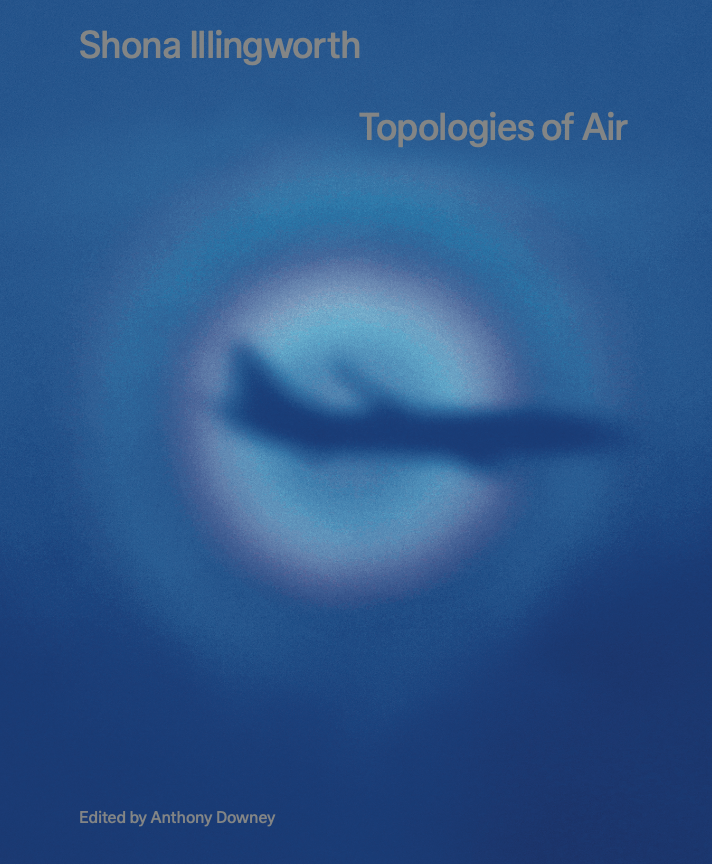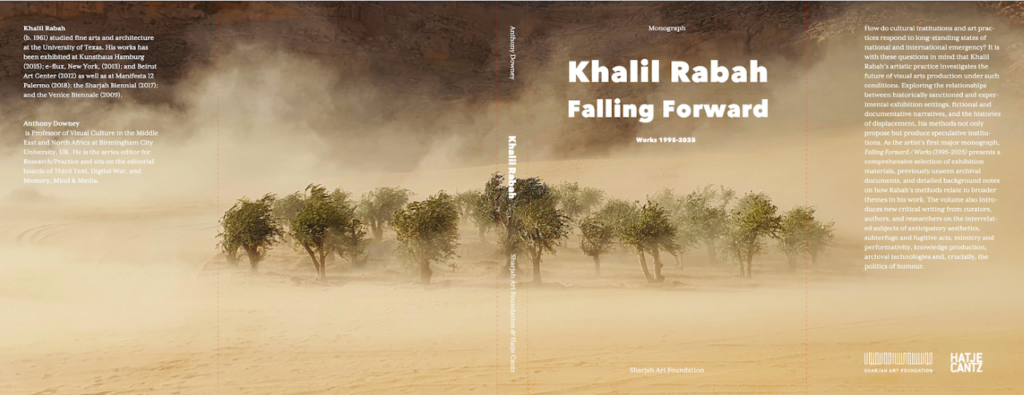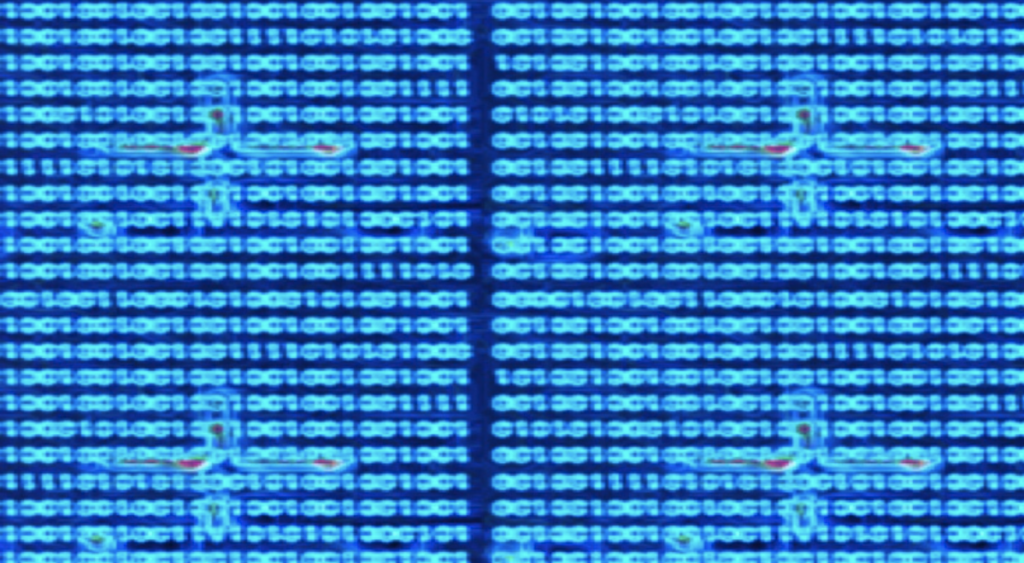2024/01/01. Essay: Algorithmic Predictions and Pre-emptive Violence, Journal of Digital War

Anthony Downey, “Algorithmic predictions and pre‑emptive violence: artificial intelligence and the future of unmanned aerial systems”, Journal of Digital War, edited by Illingworth, Downey, Hoskins & Salecl (Vol. 5, no.1-2 January 2024).
The military rationale of a pre-emptive strike is predicated upon the calculation and anticipation of threat. The underlying principle of anticipation, or prediction, is foundational to the operative logic of AI. The deployment of predictive, algorithmically driven systems in unmanned aerial systems (UAS) would therefore appear to be all but inevitable. However, the fatal interlocking of martial paradigms of pre-emption and models of predictive analysis needs to be questioned, not least when we consider how the irreparable decisiveness of a pre-emptive military strike is often at odds with the probabilistic predictions of AI. Through defining the deterministic intentionality and systematic biases of algorithms, we can more effectively establish the degree to which individuals and communities are exposed to the fact of imminent death and injury based on a projected, but invariably probabilistic, calculus of “threat”. If the present-day prosecution of global conflict is predicated upon and calibrated by algorithmic rationalizations of “threat”, we need to pose an urgent question: What is the future of death in an algorithmic age and who—or, more precisely, what—will get to decide its biopolitical and legal definitions?
For full text, see here
